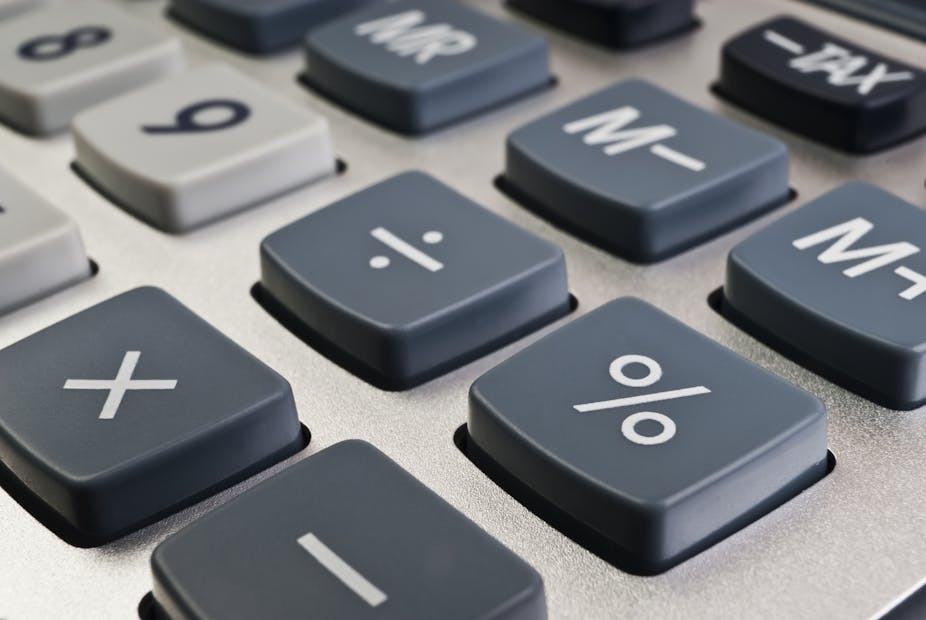The upcoming ban on the use of calculators in most maths exams for 11-year-olds in UK schools reminds me of a persistent concern in education: when do the tools we use to learn become crutches we can’t do without?
When I was in school, we had to analyse the roots of novel words to make an educated guess about their meaning. We got it right sometimes, and that was such a thrill. Other times we didn’t. Now, we have the internet and there is no need to analyse the roots when the meaning is so easily searchable. So, do we ban Google in the classroom? In the same vein, word processing software automatically provides grammar and spell checks – do we ban them too? The list of such tools just goes on.
Here in Singapore, maths education policy in 2007 set out that calculators should be introduced in the classroom only in the fifth year of primary schooling. This is so children will have had sufficient time to develop mental math fluency and number sense. The policy also makes it very clear that calculators should be used for mathematical investigations and the development of reasoning and problem-solving skills.
There is also a balance between the emphasis placed on mental computation and problem-solving skills in the assessment system. Since 2009, one of the two papers in the national exam – the grade six primary school leaving examination – has allowed the use of calculators.
On the ground and in the classrooms, there seems to be evidence to corroborate the policy. A 2010 baseline study led by David Hogan and Phil Towndrow at the National Institute of Education in Singapore found that primary school teachers in Singapore tended to emphasise mental computation rather than reliance on calculators.
They also found that teachers did not prefer to use calculators for introductory or basic mathematical operations and skills. Importantly, the use of calculators was observed mainly for problem-solving, for example in topics such as averages and percentages.
When and how to use calculators
In the UK, proponents of the ban argue that students become over-reliant on calculators for performing mental functions that they should be doing themselves. I agree.
As a consequence of such over-reliance, students’ computational abilities and number sense may suffer. Again, I agree.
However, such an argument results in what I consider to be an unproductive framing of the question of whether or not one should use such tools in the classroom. A more productive question to ask is not if, but when and how such tools should be used. There are sound theoretical and empirical reasons for this.
Theoretically, a calculator does more than computation. It expands the space that is integral to mathematical thinking and problem-solving. In other words, calculators expand the capacity to invoke mental processes that may otherwise not be as easy or even impossible to engage in. In doing so, they help to both develop and assess mathematical thinking and problem-solving.
Empirical evidence also provides rather consistent answers. On the question of when, studies suggest that calculators should not replace the development of basic computational fluency, and are useful only after children have acquired that skill.
On the question of how, reviews and meta-analyses suggest that when calculators are used to engage students in mathematical reasoning and problem solving, students learn better, and also perform better on maths assessments.
The policy imperative follows naturally. Sound educational policy should seek to exploit the positive uses of calculators (and tools in general) and minimise their detrimental aspects.
Even so, there will always be anecdotal lamentations that calculators are dumbing down our children and hindering their learning. I heard one such lament recently. And it is true. There will always be some who will become over-reliant on unproductive use of such tools.
But let us not distract ourselves from the real challenge here. The task for education policy is to bring together curriculum, pedagogy, teacher training and assessment in such a way that the productive use of calculators (and tools in general) benefits most of our children most of the time.
Such a policy would go a long way in ensuring that calculators do not become crutches.

